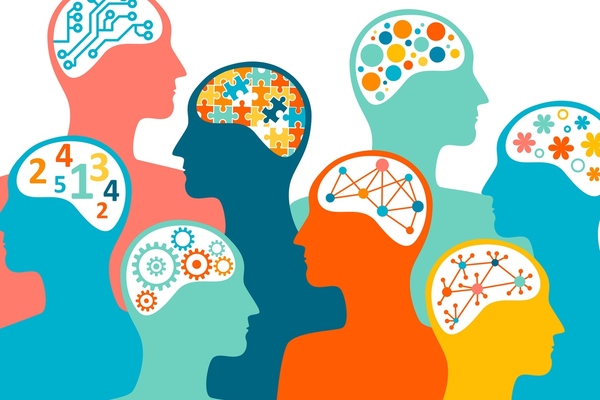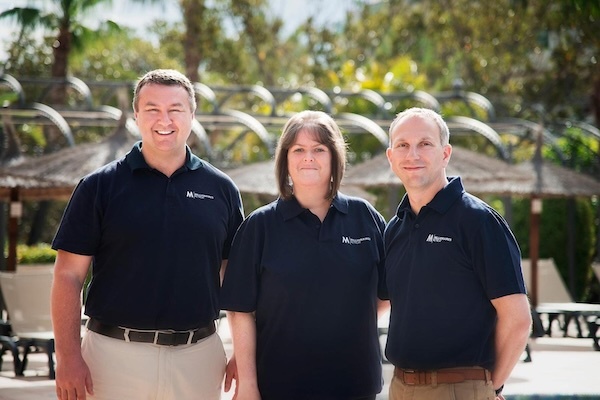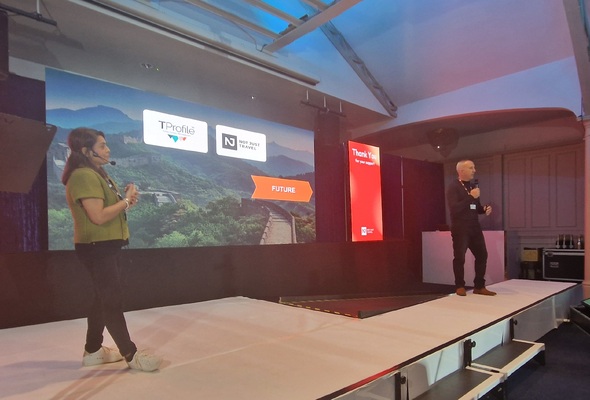6 reasons why understanding neurodiversity is good for business
As October draws to a close, so too does the end of ADHD month. But the work to understand and accept neurodiversity should be year long – not just because embracing difference is important but also by not understanding it, the travel industry could be turning away potential clients.
Savannah Wilkinson, sales and marketing manager, Inclusive Travel explains what neurodiversity is, how to embrace these differences, and why agents can use this understanding to boost business.
1. What is neurodiversity?
In a nutshell, it’s the recognition that every brain works differently. People who are neurodivergent, whether they have autism, ADHD, dyslexia, or another cognitive differences, experience the world in unique ways. And in the travel industry, understanding and embracing these differences can make a big impact on how we support our clients and employees.
2. Consider the sensory overload of travelling – and be flexible
When you’re working with neurodivergent clients, flexibility is key. Travel can be stressful for anyone, but for some, it can be especially overwhelming. Sensory overload, crowded airports, or unpredictable environments can all be challenging. That’s where being adaptable comes in. For example, some clients may benefit from a detailed, structured itinerary with clear steps, while others might prefer flexibility and room to explore at their own pace. It’s all about finding out what helps your client feel most comfortable and confident during their travels.
3. Avoid the jargon – be clear and direct
Communication plays a huge role. Neurodivergent clients might process information differently, so clear and direct communication is crucial. Avoid using complex jargon or overloading them with too much information at once. Instead, break things down into simple, digestible steps. If you’re unsure whether they’ve fully understood something, don’t hesitate to ask, “does this make sense?” or “would you prefer I explain it in a different way?” It’s a small gesture that shows you’re committed to making their travel experience as smooth as possible.
4. Put yourself in the shoes of your client…
Empathy is at the heart of working with neurodivergent clients. By putting yourself in their shoes, you can better understand their needs and anticipate any challenges they might face. Think about how overwhelming a crowded airport could be for someone sensitive to noise or bright lights, or how missing clear instructions might create anxiety for someone with autism. Understanding these perspectives helps you offer a thoughtful, personalised service.
5. But neurodivergent staff also bring unique strengths…
It’s not just about clients. Creating an inclusive workplace is equally important. Neurodivergent employees bring unique strengths to the table, such as creative problem-solving and attention to detail. To support them, consider offering flexible work environments, providing quiet spaces, or adjusting communication styles to suit their needs. Encouraging open conversations about neurodiversity and offering training to your team can go a long way in creating an atmosphere of understanding and respect.
6. Remember everyone is an individual
Ultimately, supporting neurodivergent clients and employees isn’t about ticking off a list of accommodations. It’s about approaching each person with empathy, flexibility, and openness. The more we recognise and celebrate neurodiversity, the better we can create meaningful experiences – not just for our clients, but for everyone we work with. And in the world of travel, those connections and experiences are what it’s all about.
To learn more about how to support neurodiverse travellers and create a more inclusive workplace, join the Inclusive Travel Forum or email: info@inclusivetravelforum.org
Sign up for weekday travel news and analysis straight to your inbox

Savannah Wilkinson
Supplier Directory
Find contacts for 260+ travel suppliers. Type name, company or destination.














